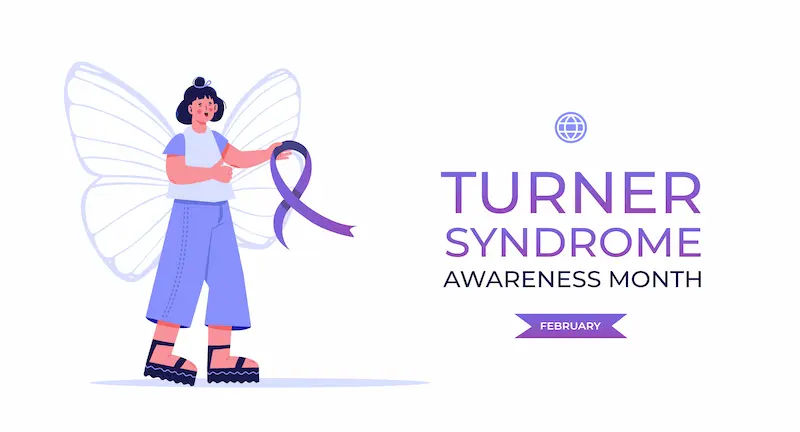- Male
- 34 Years
- 22/01/2025
My 16-month-old has had a cough for a week now and the pediatrician prescribed Protussa, but it hasn't helped much. She's been vomiting right after she coughs, especially after eating. What should I do next?
Answered by 1 Apollo Doctors
Pediatric opinion is advised to the patient.
Dr. Chandra Suggests...
Consult a Paediatrician
Answered 04/07/2025
0
0

More Paediatrics Health Queries
View allWhat should I do if my child accidentally drinks nail polish? I'm really worried and wondering how quickly we need to see a doctor. Are there any home remedies we can try if we can't get to a hospital right away?
#NAME?
read more![Doctor 1]()
![Doctor 2]()
Answered by 1 Apollo Doctors
I'm really concerned because my baby has fallen off the bed three times now. Each time, he landed on his tummy, and thankfully his head didn't get hurt. He's in his ninth month and seems active and normal now. I'm just worried if these falls might cause any problems in the future. Should I be concerned about anything?
If the baby is active, no bleeding and no vomiting, then usually no need to worry. Keep a close watch for 48 hours.
read more![Doctor 1]()
![Doctor 2]()
Answered by 1 Apollo Doctors
So, I've been dealing with this fever situation where it's been recurring every 4 weeks. In the first and second weeks, the fever was really high, like between 104.1 and 104.5. We were advised to use Calpol by the doctor. And now, in the 4th week, the fever is back again. I'm really concerned about this pattern. Do you have any thoughts on what might be causing this or what steps we should take next?
That needs details evaluation, visit Physician for evaluation and appropriate management
read more![Doctor 1]()
![Doctor 2]()
Answered by 1 Apollo Doctors
Disclaimer: Answers on Apollo 247 are not intended to replace your doctor advice. Always seek help of a professional doctor in case of an medical emergency or ailment.




.webp)
